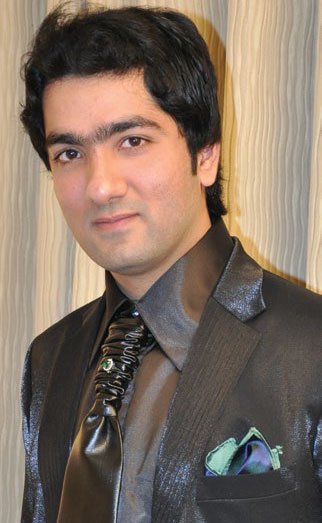
Vice President – CSS Central India
Chaman mein Ikhtilat-e-rang-o-bu se baat banti hai
Hum hi Hum hain toh kya hum hain
Tum hi Tum ho toh kya tum ho
Translated in English as:
In a garden, multiple forms of colour and smell make up the ecosystem
If I am only about myself, then what am I.
If you are only about yourself, then what are you.
How beautiful.
The ecosystem of an organisation is the result of the multiple flavours that every individual contributes.
The smart, the smarter, the smartest.
The foolish, more foolish, most foolish.
The lucky, the luckier, the luckiest.
The good, the better, the best.
And voila, the organisation, its ecosystem, its culture, its philosophies, all bloom with this combined energy of its several people.
Let us therefore decipher a few points which are important for effective team work.
Team Size:
Let’s do some math with a simple number like 100
- First, divide 100 by 100
The answer is 1
1 is 1% of 100 - Now, divide 100 by 1
The answer is 100
100 is 100% of 100
(Some might be confused because math was always a tricky subject, but read again and it’s really a simple point)
From the above example, we can see that dividing by 100 gives you 1 percent of something and dividing by 1 gives you 100 percent of that thing.
Which brings us to the point on team-work where appropriate team size is most important to team work. If too many people get involved in the same work, the percentage of output only decreases.
What are the issues we typically see in involvement of too many people in a simple task?
- The simple task becomes complicated
- The task is simple but the discussion around it is disproportionate to its size
- People involved become more important than the task itself
- Ultimately the task never gets done
- Even if it gets done, the emotional, physical & financial costs mismatch the importance of the task
Therefore, its most important to have teams which are appropriately sized.
ABSOLUTE VS RELATIVE IMPORTANCE:
Let’s understand this point from our own human body. In relative terms, the heart is more important than the feet. But in absolute terms, the heart has its own functions and importance as does the feet. If this point is clear, most of us can work towards achieving absolute positions and not relative positions. Because the quest for relative positions only create issues within us and with us.
The working class all over the world sacrifice their NEEDS to fulfil the WANTS of their corporate employers. This is their absolute power. The power of giving. In fact, in the entire hierarchical spectrum, the one above fulfils his wants by sacrificing the needs of the one below.
Let us take the example of a top leader on the Forbes List. He wanting to move into the top 100 richest is a want, not a need. Who fulfils that want? The ones who serve him. They sacrifice personal time, family time, health, peace and so many basic human needs to help him achieve that objective. It’s a separate thing that the Saturn (Shani) in our horoscope decides the kind of people we will have serving us. The stronger it is, the better the people who serve us. These planet positions are not out of the blue, they are earned through good karma. Everything is earned and not an entitlement. But in the context of the material world, yes, someone’s needs fulfil the others wants.
Therefore, perspective is very important and we can all have harmony with each other in teams when this is clear. When you go to a restaurant, first the restaurant owner feeds you and then by paying the bill, you feed him. Both feed each other.
MOTIVATION:
Try complimenting a top sportsman for just his good looks and not his sport.
He will be offended.
Imagine meeting Sachin Tendulkar and complimenting him for his pearly white teeth. Not a mention of cricket. He will say his famous words: Aila.
If you notice, true power always underplays itself not to attract attention from the wrong eyes and ordinary will always overdo itself to attract attention from the true powers.
It is most important to identify tasks and allot functions as per one’s strength and caliber and be continuously appreciated for that. The above examples have made it amply clear that misreading someone’s caliber and appreciating for the contextually wrong things might actually demotivate the person.
These are some points on team work. Many others also exist. We all are trying.